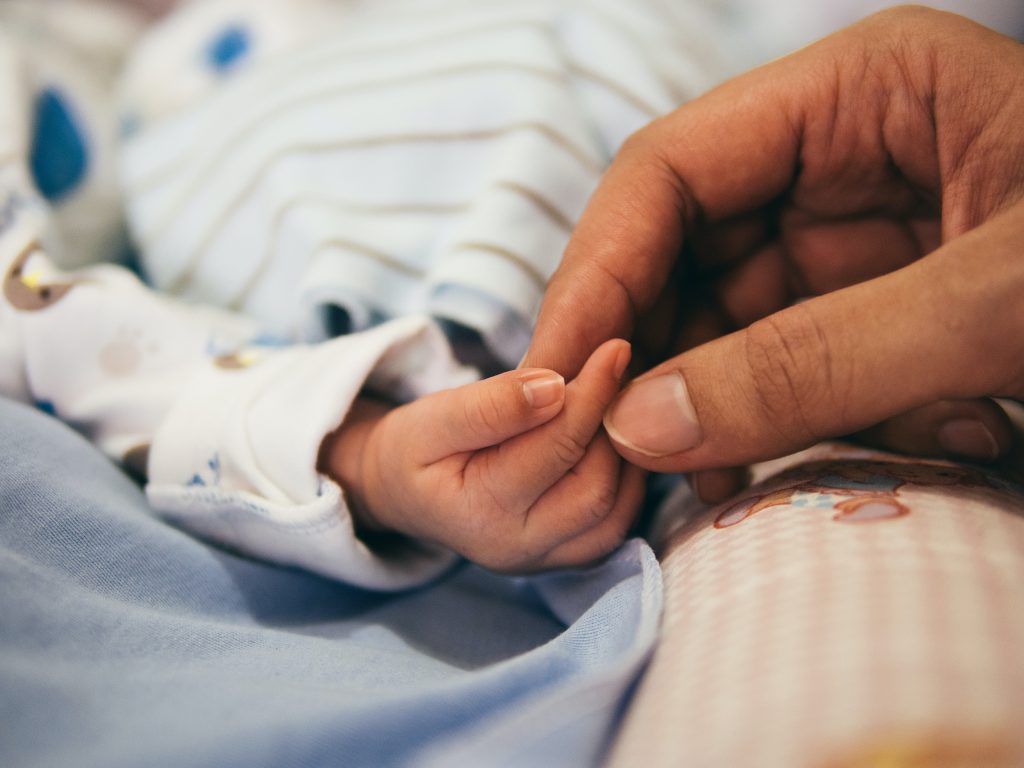
The Wall Street Journal recently published a column highlighting allegations of financial fraud among commercial surrogacy businesses.
Commercial surrogacy is a practice where companies and wealthy couples pay women thousands of dollars to carry children for them.
Social commentators and policymakers worldwide have raised concerns about how commercial surrogacy financially pressures women into providing children for paying customers.
Now The Wall Street Journal reports that some commercial surrogacy companies have allegedly mishandled customers’ money.
Calling the industry “almost entirely unregulated,” The Wall Street Journal writes,
Escrow companies, used in the majority of surrogacies, can handle millions of client dollars with almost no oversight, according to a Wall Street Journal review of court filings and interviews with parents and surrogates. . . .
In one case earlier this year, a surrogacy company owner pleaded guilty to wire fraud after prosecutors said she used client escrow money to fund a yoga and flotation chamber business and other personal expenses. An employee at another company stole $2.7 million to feed an online gambling habit. Yet another used parents’ funds to buy bitcoin.
As we have said before, it’s bad when commercial surrogacy goes wrong — but it’s important to remember that surrogacy never “goes right” either.
Commercial surrogacy treats women like commodities, and it treats children like products that can be made to order and sold for profit.
It denies children the opportunity to be raised by their biological mom and a dad.
In California, surrogate Brittney Pearson’s story shows some of the problems associated with surrogacy.
After Pearson was diagnosed with an aggressive form of cancer, doctors recommended inducing labor early and caring for the baby in the NICU while she started chemo. However, that isn’t what the same-sex couple paying Brittney Pearson as their commercial surrogate wanted.
Even though she was 24 weeks pregnant and the baby might have been able to survive outside the womb, the men wanted Brittney to have an abortion. If the baby were born alive, the men asked that no life-saving measures be taken for the baby.
With her cancer having spread to her liver, Pearson found a hospital to induce birth. The child died shortly after being born on Father’s Day, June 18, 2023.
All of this was made possible by state laws that facilitate commercial surrogacy and treat the intended parents in surrogacy arrangements as the legal parents of the child.
Stories like this one underscore why Family Council has opposed commercial surrogacy in Arkansas. Unfortunately, Arkansas’ commercial surrogacy laws are very lax.
Since 2017, Family Council has supported legislation to prohibit commercial surrogacy in Arkansas. So far, those restrictions have not passed.
Human beings are not products that can be bought or sold. That’s why Family Council opposes commercial surrogacy — and will continue to oppose it.
Articles appearing on this website are written with the aid of Family Council’s researchers and writers.




